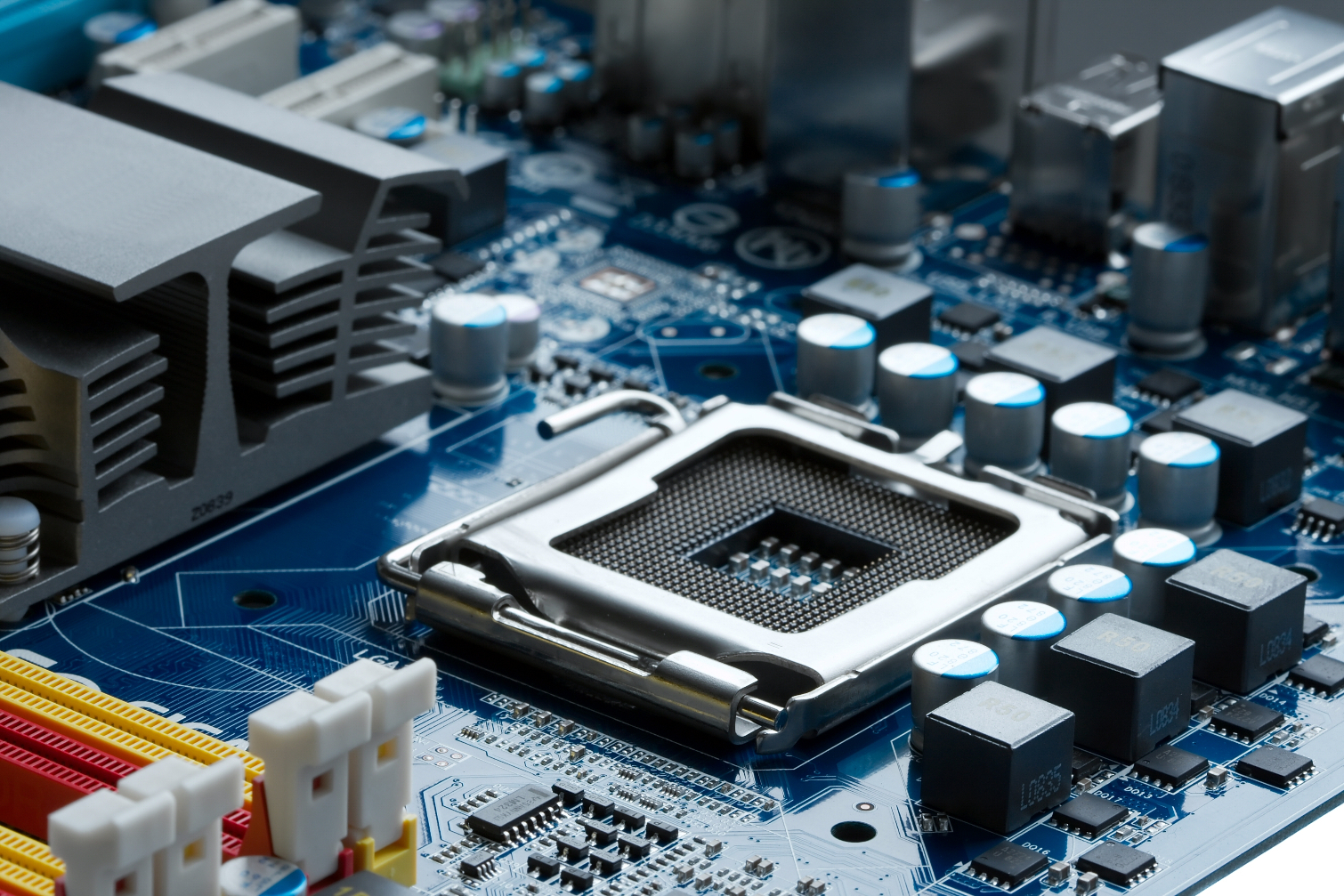Intel CEO Pins 10nm Delay on the Company's Aggressive Design Goals
Intel could blame its CPU shortage on a variety of factors. The repeated delays to the introduction of its 10nm process, the underestimation of commercial PC sales, and the desire to focus more on enterprise customers all contributed to the company's supply issues. Intel CEO Robert Swan discussed one more factor in list of reasons for the 10nm delay at the Fortune Brainstorm Tech conference on Tuesday: its decision to be overly aggressive with its 10nm design goals.
Swan reportedly told attendees the 10nm delay was "somewhat a function of what we've been able to do in the past, which in essence was defying the odds," and that "at a time when it was getting harder and harder" the company "set a more and more aggressive goal." Intel had gotten used to being able to squeeze blood from rocks--or in its case money from silicon--but couldn't quite repeat the feat.
That setback delayed the company's 10nm node, which, along with unanticipated demand, contributed to the company loosening its grip on several commercial markets. Laptop manufacturers, Chromebook makers, and enthusiasts alike started buying their CPUs from AMD when they realized Intel's shortage wasn't going to end any time soon. Now that AMD managed to get a hold on those markets, it wouldn't be surprising if manufacturers continued to use its processors in their products.
Intel's processor shortage affected much of the industry at large, too, and is widely believed to have affected sales of many device categories. That's probably why Swan apologized to the company's partners in April, saying that Intel has "committed never again to be a constraint" on its customers. He told Fortune's conference-goers that the company was making some changes to realize that promise.
Swan reportedly said that he wants to "pull [the] entire company together" via "more truth and transparency and the free flow of information." Like many CEOs appointed during a crisis--Swan replaced Brian Krzanich as interim CEO in June 2018 and was named CEO in January--he's also committed to changing the company's culture. Hopefully, that will be enough to prepare Intel for the years ahead.
Intel said in April that it expected the CPU shortage to ease up a bit in the third quarter of 2019; DigiTimes reported in May that supplies could improve as early as June. A recent analysis from Gartner and IDC suggests that rising PC shipments in the most recent financial quarter resulted at least partly from the increased availability of Intel processors, so things might improve on the CPU front sooner than later.
Get Tom's Hardware's best news and in-depth reviews, straight to your inbox.

Nathaniel Mott is a freelance news and features writer for Tom's Hardware US, covering breaking news, security, and the silliest aspects of the tech industry.
-
bigdragon Intel has provided so many explanations for their chip shortages, security lapses, and process problems that it appears they're searching for an excuse that will stick. This is the sort of behavior that indicates an upper-level management problem. Intel's board has some house cleaning to do.Reply -
bit_user ReplyIntel CEO Robert Swan discussed one more factor in list of reasons for the 10nm delay
The one he didn't discuss was prior cost-cutting measures, including layoffs of senior technical staff who'd been working on semiconductor fabrication technology, their entire career.
I heard from an ex-Intel employee that some outside firm was brought in to figure out who to fire, and they settled on getting rid of everyone who hadn't recently gotten raises or promotions - both things that become less common as you progress in your career. As a result, they lost a lot of expertise in the heads of folks who were competent and did nothing wrong, even if they weren't on the fast track up the corporate ladder. Indeed, some of the most valuable contributions come from engineers just keeping their heads down and quietly doing their jobs.
He closed by describing Intel as a kleptocracy, with the executives focusing on ways to gin up revenue with minimal real investment. If true, such a trainwreck should've been utterly unsurprising.
